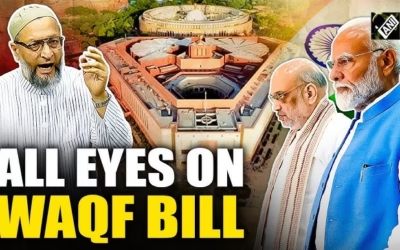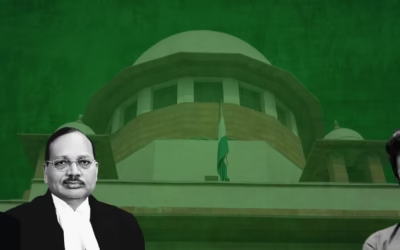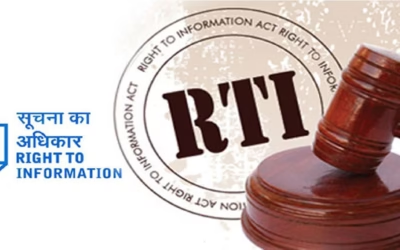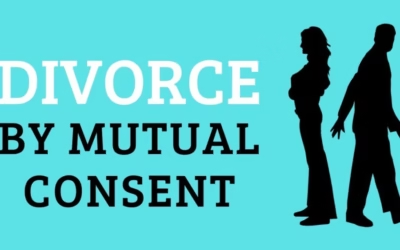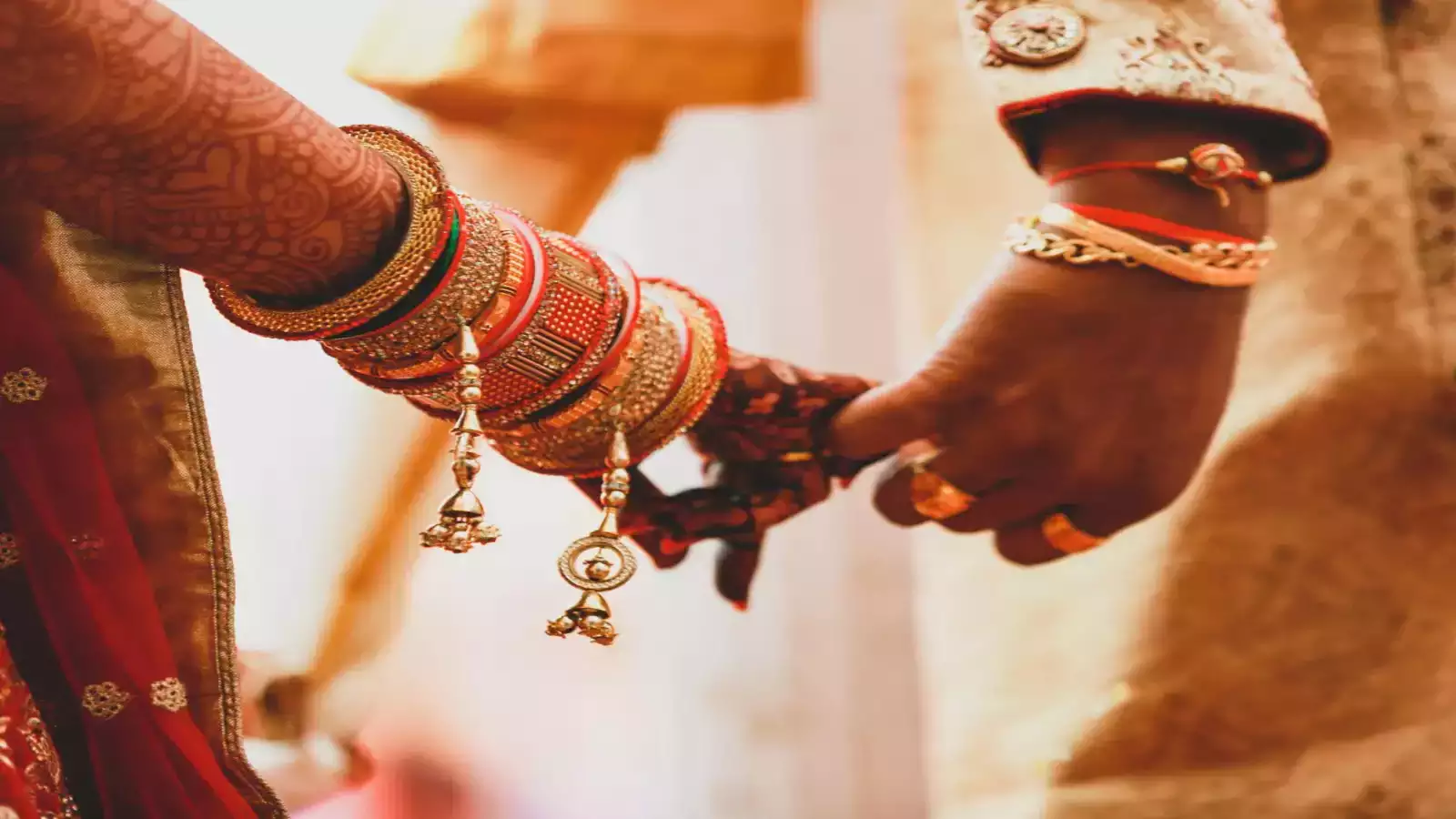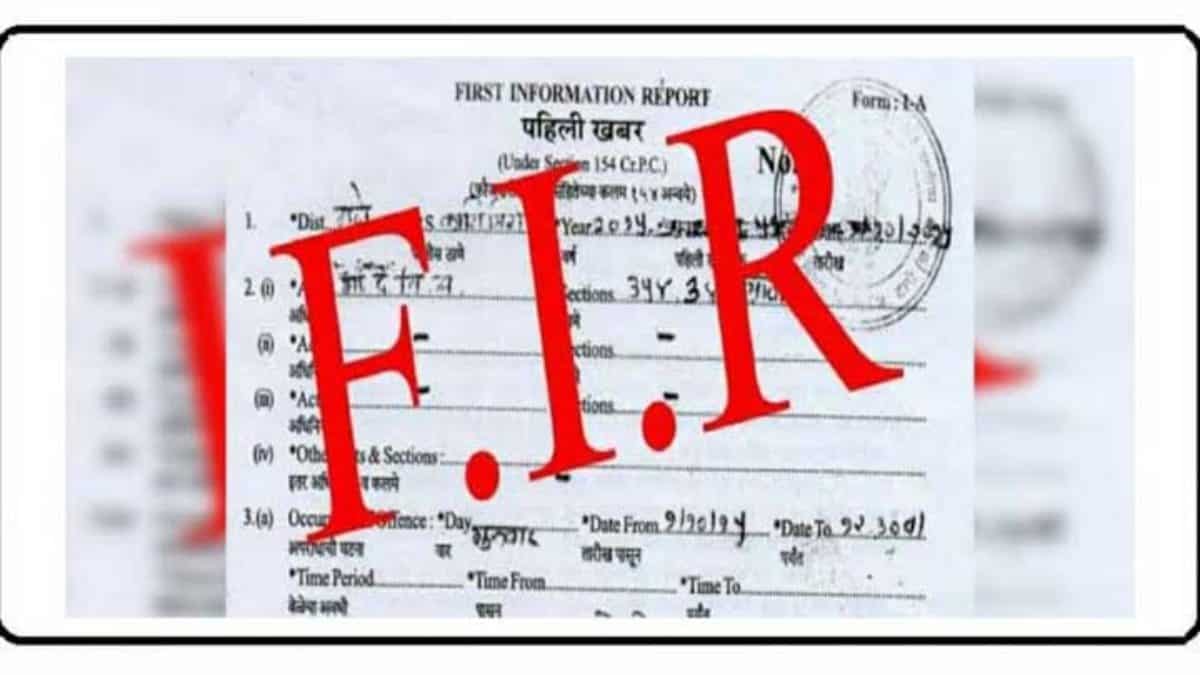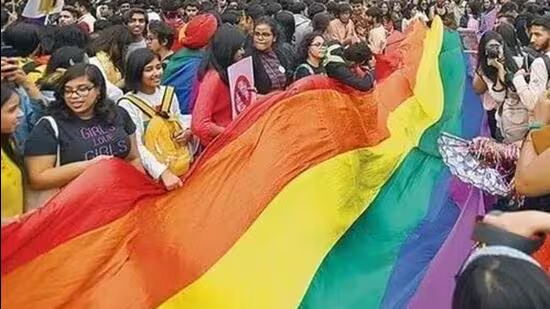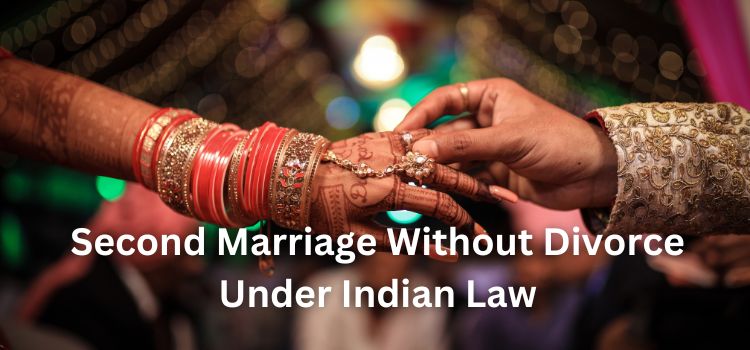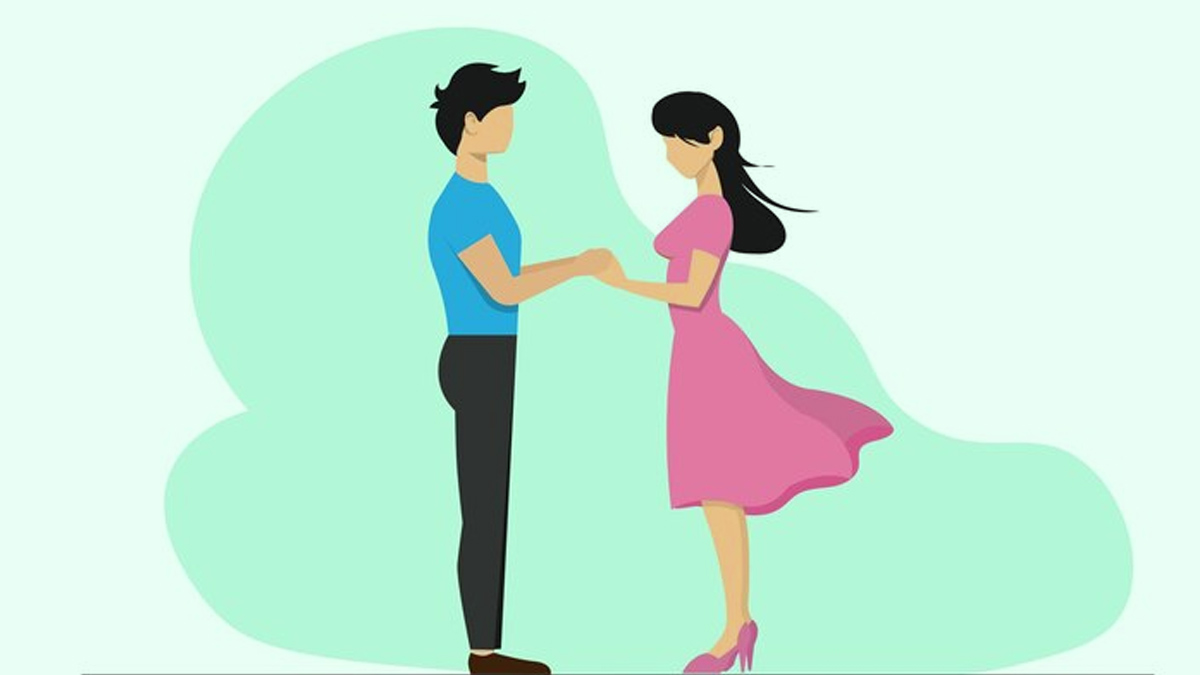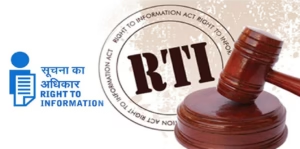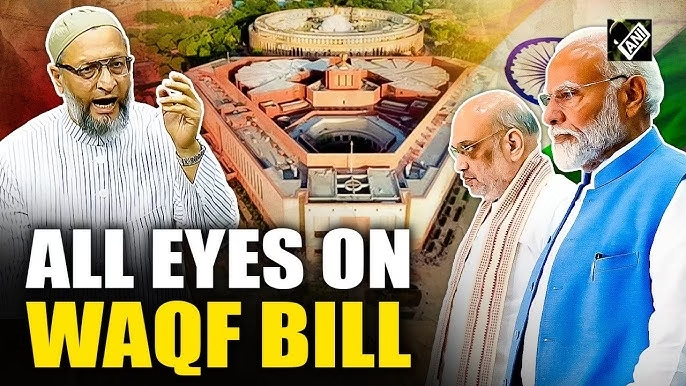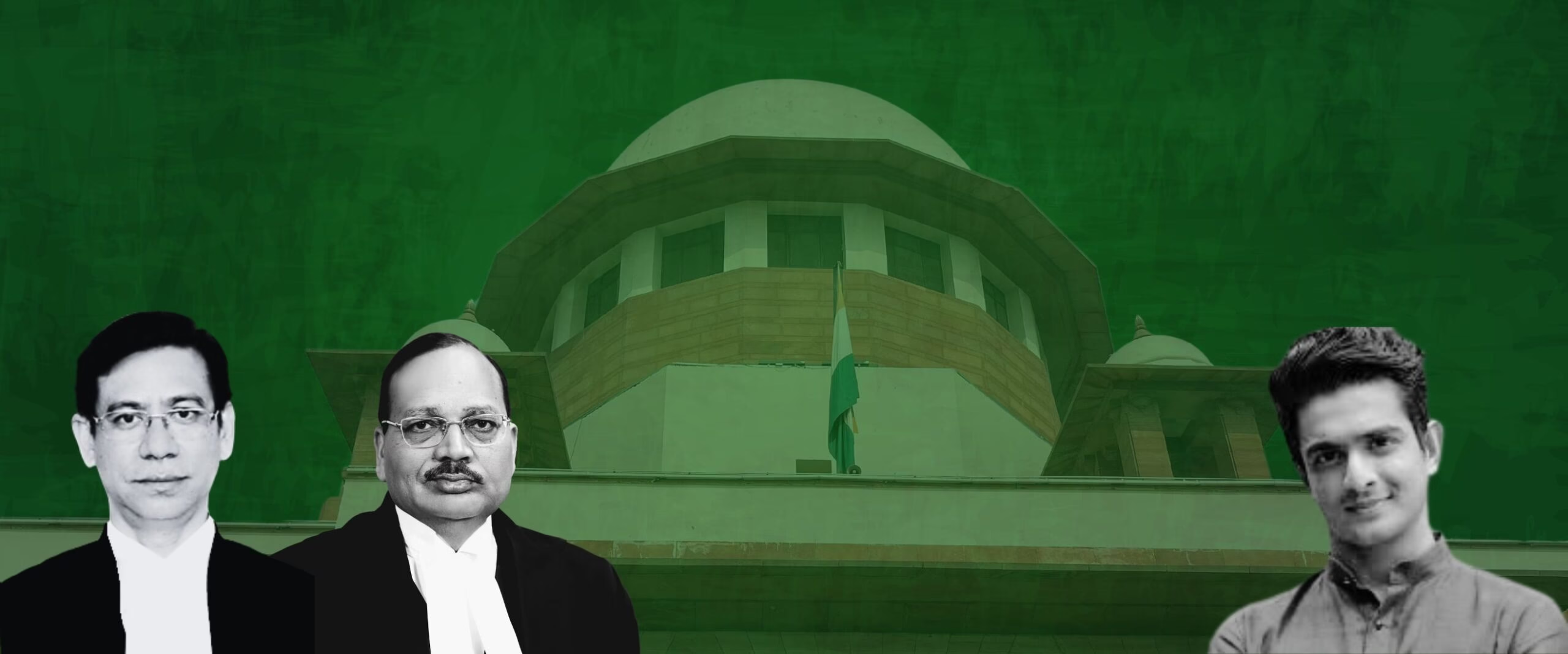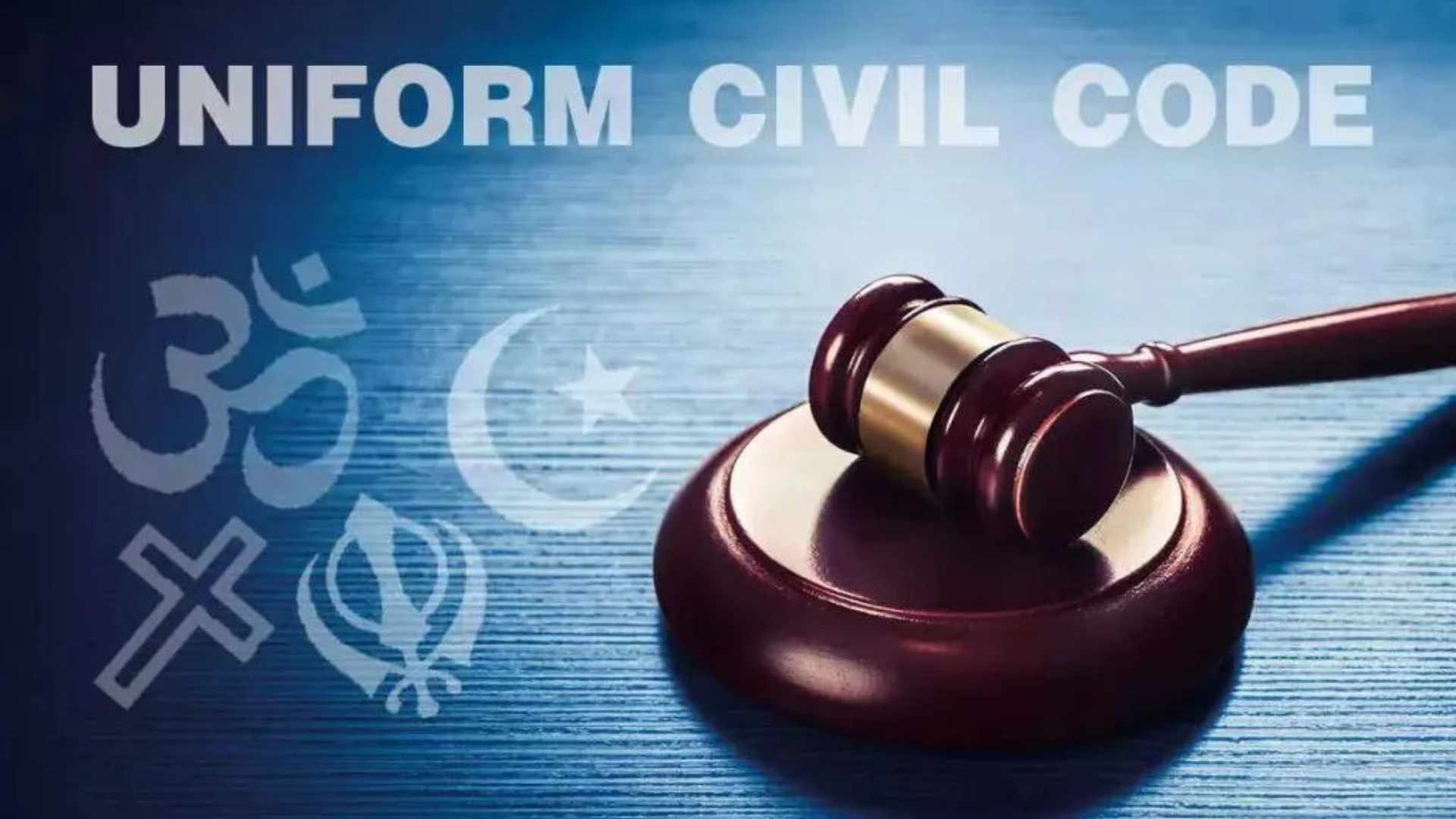
Kerala High Court Denounces Body Shaming in Boby Chemmanur Bail Order
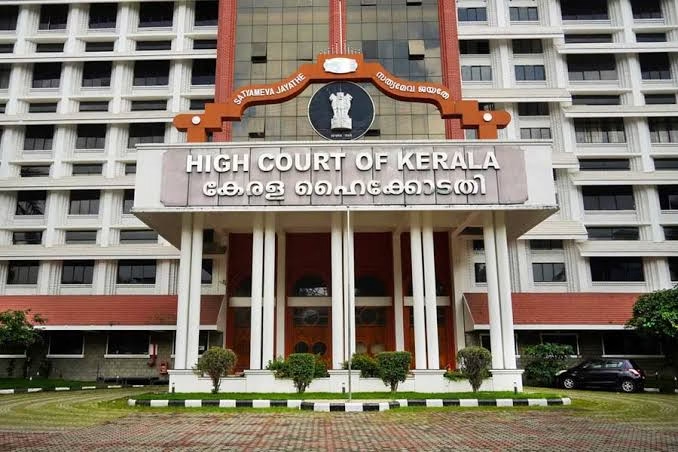
In a significant ruling, the Kerala High Court granted bail to businessman Boby Chemmanur, accused of making inappropriate comments about a Malayalam actress. The court not only highlighted the legalities of the case but also took the opportunity to condemn body shaming. This verdict has sparked widespread discussions on the issue, both nationally and internationally, as body shaming remains a pervasive social problem.
Case Background
Boby Chemmanur, a prominent businessman, was accused of making sexually colored remarks about a Malayalam actress during a public event. These comments allegedly triggered an influx of online harassment directed toward the actress, showcasing the often toxic environment of social media. Chemmanur was subsequently arrested and charged under Sections 75(1)(i) and 75(1)(iv) of the Bharatiya Nyaya Sanhita (BNS) and Section 67 of the Information Technology Act.
The High Court granted bail but utilized this platform to deliver a broader message against body shaming, which it deemed unacceptable in any society.
High Court’s Observations on Body Shaming
Justice PV Kunhikrishnan’s remarks carried significant weight in the court’s order. He stated:
“Body shaming is not acceptable in our society. Comments about the body of a person as too fat, too skinny, too short, too tall, too dark, too black, etc., should be avoided. Our bodies, minds, and hearts will change over time, and everyone must exercise caution while commenting about others.”
This observation reflects a growing judicial acknowledgment of psychological harm caused by insensitive remarks about a person’s physical appearance.
The Past Record of Body Shaming in India
India has seen several instances where body shaming has had serious repercussions:
1. Aishwarya Rai Bachchan (2012): After giving birth, Bollywood actress Aishwarya Rai faced severe online trolling for not conforming to societal expectations of “post-pregnancy weight loss.”
2. Zaira Wasim (2016): The Dangal actress became the target of social media trolling for her weight, despite her accomplishments as an actor.
3. Viral Incidents on Social Media: Platforms like Instagram and Twitter have seen numerous instances where individuals, especially public figures, face derogatory comments about their body type, complexion, or appearance.
4. Workplace Body Shaming: Reports reveal that individuals, especially women, often face body shaming in professional environments, affecting their confidence and mental health.
Such incidents have prompted discussions about the urgent need for stricter laws and societal change.
Global Instances of Body Shaming
Body shaming is not unique to India but is a global issue:
1. Gabourey Sidibe (2014): The Oscar-nominated actress faced severe online trolling during the Golden Globes for her weight. However, her powerful response to critics became a rallying cry against body shaming.
2. Meghan Trainor (2015): The pop singer faced criticism for promoting body positivity through her music. Her struggle highlighted how even advocates of self-acceptance are not immune to societal judgments.
3. Victoria’s Secret Controversy (2018): The brand faced backlash for its lack of inclusivity, as its campaigns predominantly featured slim models, perpetuating unrealistic beauty standards.
4. South Korea’s Beauty Standards (2019): In a country known for its rigid beauty ideals, several celebrities like K-pop idols have spoken out against the pressures of maintaining a certain appearance.
These instances demonstrate the global scale of body shaming and the need for collective action to address it.
Legal Framework Against Body Shaming
In India, the legal framework addressing body shaming is still evolving:
- Section 66A of the IT Act (struck down in 2015): While this provision initially addressed offensive online messages, its repeal has left a gap in addressing online harassment.
- Section 509 of the IPC: Punishes acts intended to insult a woman’s modesty, which can be applied in cases of body shaming.
- Section 67 of the IT Act: Addresses the transmission of obscene material electronically, relevant in cases of online body shaming.
Globally, countries like the UK have strict laws against online harassment, while the US relies on state-specific legislation. Despite this, the psychological harm caused by body shaming often remains unaddressed.
Bail Conditions Imposed on Boby Chemmanur
The Kerala High Court granted bail to Chemmanur under stringent conditions, including:
A bond worth ₹50,000 with two solvent sureties of the same amount.
Prohibition from intimidating witnesses or repeating similar offenses.
Regular appearances before the Investigating Officer.
The court also warned of bail cancellation if conditions were violated.
The Role of Media and Public Awareness
Media and educational institutions play a crucial role in combating body shaming. Campaigns promoting self-acceptance, inclusivity, and awareness can shift societal attitudes. For instance:
- Dove’s Real Beauty Campaign: A global initiative that challenges traditional beauty standards and encourages self-confidence.
- Hashtag Movements: Social media campaigns like #BodyPositivity and #NoShame have empowered individuals to share their stories and challenge stereotypes.
The Way Forward
The Kerala High Court’s observations are a step in the right direction, but addressing body shaming requires a multi-faceted approach:
1. Strengthening Laws: Introducing specific legal provisions to penalize body shaming.
2. Educational Initiatives: Incorporating lessons on empathy and respect in school curriculums.
3. Corporate Policies: Enforcing workplace guidelines to prevent body shaming and promote inclusivity.
4. Social Media Regulation: Holding platforms accountable for moderating abusive content.
Conclusion
The Kerala High Court’s verdict in the Boby Chemmanur case serves as a pivotal moment in India’s fight against body shaming. By addressing this issue at the judicial level, the court has set a precedent for future cases, emphasizing the need for societal change.
As a global issue, body shaming requires collective action from governments, media, educational institutions, and individuals. Respecting others’ dignity and fostering a culture of acceptance is essential for building a more inclusive and compassionate society.
How Legal Sathii Can Help Combat Body Shaming Issues
Legal Sathii is dedicated to providing comprehensive legal assistance and guidance to individuals facing body shaming or related harassment. Through our platform, victims can access expert legal advice, understand their rights under existing laws such as the Information Technology Act and Indian Penal Code, and explore actionable solutions. We assist in filing complaints, drafting legal notices, and connecting clients with experienced lawyers to represent their cases effectively. Legal Sathii also offers educational resources, awareness campaigns, and workshops to empower individuals to stand up against body shaming and foster a more inclusive society.
FAQs About Body Shaming and Legal Assistance
Q1: What is body shaming, and how is it legally addressed in India?
A1: Body shaming involves making derogatory remarks about a person’s physical appearance. In India, legal remedies include Sections 509 and 354 of the IPC for insulting modesty, and Section 67 of the IT Act for offensive online content.
Q2: Can I take legal action against online body shaming?
A2: Yes, victims can file a complaint under the IT Act and IPC. Legal Sathii can guide you in drafting a complaint and representing your case.
Q3: How can Legal Sathii assist victims of body shaming?
A3: Legal Sathii offers expert legal advice, assists in filing complaints, connects clients with experienced lawyers, and provides educational resources to combat body shaming.
Q4: What are the penalties for body shaming in India?
A4: Penalties may include fines, imprisonment, or both, depending on the severity of the offense and applicable legal provisions.
Q5: How can I raise awareness about body shaming in my community?
A5: Participate in workshops, conduct awareness campaigns, and use social media platforms to promote body positivity. Legal Sathii can provide resources to support your initiatives.
Q6: Are there specific laws globally addressing body shaming?
A6: While India relies on provisions under the IPC and IT Act, countries like the UK and US have specific anti-harassment laws. Legal Sathii can help you understand the legal frameworks in different jurisdictions.
Q7: What should I do if I am a victim of body shaming?
A7: Collect evidence (screenshots, messages, etc.), report the incident to the authorities, and consult Legal Sathii for expert legal support and guidance.


